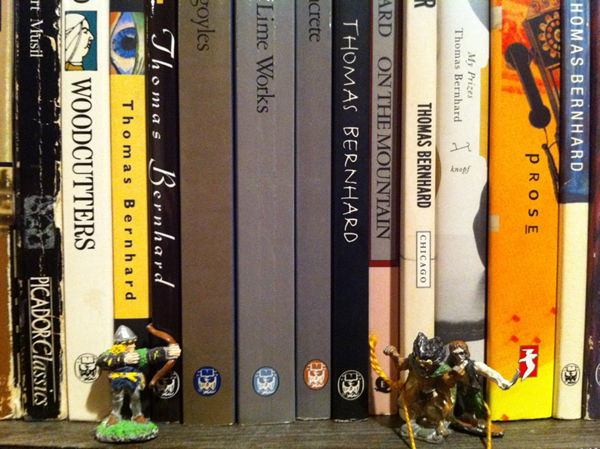|
|
[Editor's Note: since this is pretty long -- 33 pages in manuscript -- and the original includes footnotes beyond Eyeshot's capacities, the original Word doc is available for download for readers interested in following-up on this one's many sources] |
|
